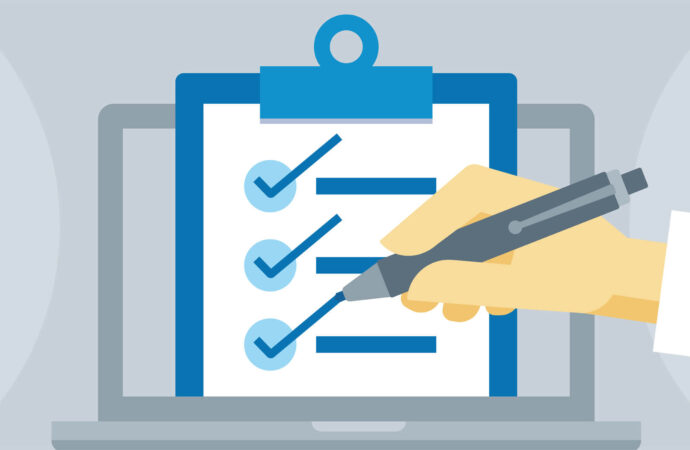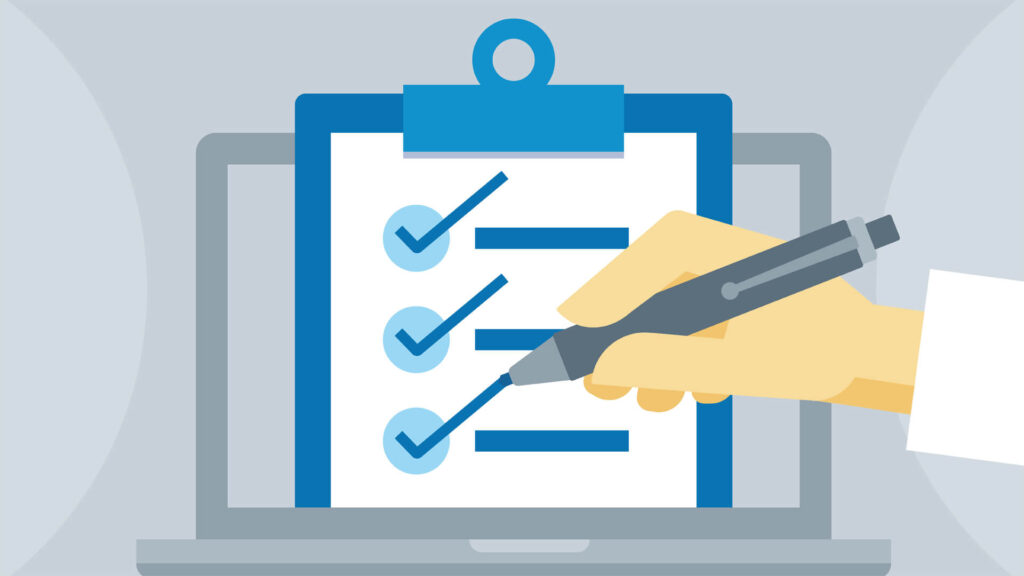Additional ISO Certifications We Offer in Brownsville, Texas (TX)

Although one of our main goals at IQC The ISO Pros is to help any organization in Brownsville, Texas to get ISO 9001 certified, there are many other ISO certifications we can offer you and help you with.
From mandatory to voluntary ones, we assure you that our professionals and experts are more than familiar with all of them.
Therefore, if you need help, training, or implement any of these ones below, make sure to contact us.

ISOs for aerospace companies or organizations
– Aerospace AS9100: contains and establishes all the requirements to improve the quality management system of aerospace organizations that manufacture and offer aerospace products and services.
– Aerospace AS9101: unlike the previous one, this goes for the quality system assessment of your aerospace company to define the content and presentation of the assessment reports.
– Aerospace AS9102: it aims for the first article inspection after a new part or product was produced to ensure it meets all the requirements established in this ISO as well as in AS9100.
– Counterfeits AS6081: is a standard created as a solution and response to all the fraudulent parts that enter the aerospace supply chain. The guideline and requirements help companies to reduce counterfeit electronic parts.
Standards for security, accreditations, and anti-bribery purposes
– Anti-Bribery ISO 37001: provides guidance and all the requirements for companies to establish, implement, maintain, review and improve their anti-bribery management systems to prevent risks and assess them.
– Cybersecurity Maturity Model Certification (CMMC): established by the US Department of Defense for all companies that are in the DIB to provide requirements and guidelines to meet a specific level of cybersecurity to protect information and all type of data.
– Info Security ISO/IEC 27001: sets all the requirements for the information security management system of any company regardless of its size, type, and industry. It aims for technology information but also addresses people and processes.
– International Traffic in Arms Regulations, ITAR: it’s a mandatory and regulatory normative to restrict the export of defense and military-related technologies made in the U.S.
– Laboratory Accreditation ISO 17025: every laboratory needs to get certified in the standard to demonstrate it is competent and prepared to provide its services.
Standards for energy and environmental purposes
– Environmental ISO 14001: voluntary standard for any company to establish, manage, and improve its environmental management system to meet all its environmental responsibilities.
– Energy ISO 50001 and SEP: this standard and program aim for energy efficiency in all companies. SEP stands for Superior Energy Performance, which is the program available in the U.S, while ISO 50001 sets requirements to enhance the energy system.
– Forestry SFI ATFS (Sustainable Forestry): Sustainable Forestry Initiative and is the world’s largest forest certification that has the protection of green areas around companies as the main goal in the U.S and Canada. ATFS is another non-profit organization that joined to create a special forestry program.
– Telecommunications TL 9000: sets the regulations and guidelines for the design, development, and production of services in the ICT (Information and Communication Technologies) industry.
Certifications for food organizations or companies
– Gluten-Free Certification (GFC): organizations and producers that offer gluten-free products need to meet the requirements established in the standard to demonstrate the quality and guarantee they are suitable for celiac customers or with gluten affections.
– Food Safety ISO 22000: organizations need to demonstrate their ability to control and guarantee safety and prevent hazards during the entire journey of processing the food provided by following all guidelines and requirements.
– Food Safety Modernization Act FDA FSMA: sets guidelines to prevent foodborne illness instead of aiming for solving and treating them.
ISO standards for improvement processes and management systems
– Asset Management ISO 55001: it helps organizations to manage the lifecycle of assets effectively and have better control over all the activities and daily processes as well as reduce risks and costs.
– Capability Maturity Model Integration (CMMI) Levels 1-5: establishes goals and requirements based on the maturity and capability levels of the company to improve all its processes and ensure its growth.
– Quality ISO 9001: sets all the requirements for any company or organization to ensure its products and services meet the customer’s needs and guarantee a continual improvement in its quality management system.
– Automotive IATF 16949: based on ISO 9001, this normative has specific instead of generic requirements for organizations in the automotive industry and their management systems that create or manufacture parts.
– Medical Devices ISO 13485: the medical industry needs strict requirements to ensure the quality of the medical devices and products, which are established in this standard and should be implemented for any manufacturer, supplier, or medical company in the supply chain.
– Automotive Core Tools (APQP, AQP, PPAP, FMEA, SPC, MSA, R&M): improves the processes and communication between suppliers and customers in the automotive industry to speed up the supply chain.
– Body Armor BA 9000: sets a quality standard to improve body armor parts and equipment created for companies and organizations in this field.
– Occupational Health and Safety Management System (OHSMS) ISO 45001: helps companies to guarantee their workers healthy and safe workplaces as well as reduce the probabilities of accidents and general risks.
– Facility Management ISO 41001: helps companies to be more effective and efficient in consistently meeting the needs of interested parties in the company and make it more competitive around the globe by focusing on the facility management system.
– Ethical Sourcing SQFI: provides requirements to ensure that the products manufactured or made in a company are obtained by using responsible and sustainable methods.
– IT Service ISO/IEC 20000-1: focuses on the IT service management system to help companies deliver top services for both internal and external customers of the company or organization. Basically, it’s a quality standard for services.
– Packaging ISO 15378: pharmaceutical and medical device manufacturers follow it and get certified to improve the quality management system for primary packaging materials and meet regulatory requirements.
– Supply Chain ISO 28000: addresses the need for a security management system for the supply chain in any business and provides the guidelines to establish, manage, and improve it
– Responsible Care RC14001: allows chemical companies in America to achieve high-standards when it comes to health, safety, environmental, and security performance to add more value to the business.
Standards to perform and conduct audits
For each type of audit, there’s a standard to meet that is focused on the quality and goals of the specific process.
Audit Management Systems ISO 19011 is considered the generic one since it contains guidelines and requirements to create an audit program, how it should be handled, and how to manage the audit programs overall.
Meanwhile, the other audit options available in our company refer to the specific process we can conduct for your organization:
- Outsourced Internal Auditing: consists of conducting an internal audit for another company in order to determine certain aspects that probably weren’t found during the internal audit of the company itself.
- Virtual Internal Audits: conduct internal audits without the need of meeting face to face and without papers but rather electronic documents and elements.
- Second Party Audits: refers to performing an external audit on a supplier, which is conducted and requested but the customer or by the organization hired for the client.
- Supplier Audits: aims to evaluate and assess the quality systems of the suppliers and their work environment as well as ensure they meet all the standards and have the crucial certifications.
- Supplier Evaluation: evaluates and approves potential suppliers based on their productivity and potential. The information required is collected from the suppliers’ prices, services, production, quality management, and delivery.
- Compliance Audits: consists of an independent evaluation of an organization to ensure it meets all the regulations, required standards, laws, and is trustworthy.
- Pre-assessment Audits: before going through your final audit to get your certification, it is possible to pre-assess the company to ensure it meets all the requirements and guarantees getting the desired result.
- Documentation Audit/Desk Audit: helps to determine if employees in a company need to be paid more based on their functions and the amount of work, they are getting done.
To get certified in any of these standards or start working in their implementation, you can contact us at IQC The ISO Pros if you are located in Brownsville or any city in Texas.
We will be more than happy to provide you with training, implementation, and consulting services as well as the certification so you can operate without worries and also have partners that meet the required ISOs.
IQC The ISO Pros can help you implement, train on, consult, and have your company and/or organization certified on the following ISO Certifications:

